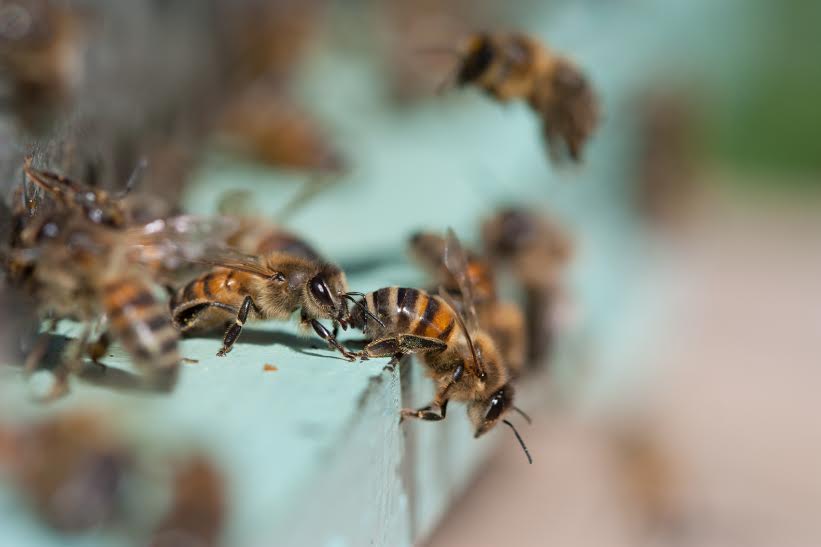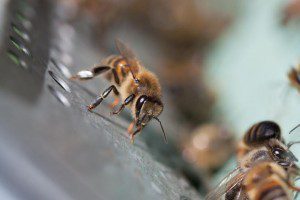Author: Dr Alexander Clayman

Abortion is a criminal offence in Malta. This means Maltese women who wish to end their pregnancy have severely limited choices. Those more affluent can pay to terminate their pregnancy abroad. Those who do not have the money can either continue the pregnancy against their will or terminate locally under unsafe conditions, risking both their health and freedom.
Any woman who undertakes an abortion potentially faces three years in jail. Anybody who assists, such as a doctor, could also be sentenced to four years behind bars. This flies in the face of best medical practice which states that safe abortion services should be accessible to women who need them.
A few weeks ago a group of doctors, including myself, came together to set up Doctors for Choice Malta in order to advocate for sexual and reproductive health. This includes comprehensive sex education (NOT abstinence-only education) and access to free contraception (condoms, pills, and intrauterine devices). Increased use of contraception alone results in fewer unwanted pregnancies and subsequent abortions. Putting contraceptives in the hands of comprehensively sex-educated individuals can do even more. This said, abortion still needs to be available to those people who need it.
As a doctor, I feel I have a duty to use my knowledge and skills to better my community’s health. Together with Doctors for Choice, we are basing our efforts not on opinions or morality, but on years of medical and sociological research which shows that sex education, contraception, and accessible abortions make a society healthier.
The irony was not lost on me when comments accusing me of being a baby-killing-mad-axe-murderer-who-doesn’t-understand-what-a-real-doctor-is started rolling in. Luckily for me, forewarned is forearmed, and the negativity failed to penetrate very deep.

What did strike me was the contrast between the way people communicate their derision and their support. Abusive comments come in fast, prominent, and loud. Supportive comments are usually sent in private. At present, it’s clearly very easy to be openly anti-choice, but very difficult to be openly pro-choice.
To those afraid to raise their voice and speak the truth, I say: whatever dogma, tradition, or a battalion of angry keyboard lieutenants might tell us, those who advocate for reproductive choice have nothing to be ashamed of. We are on the right side of history.
Read more: Marston, C., & Cleland, J. (2003). Relationships between Contraception and Abortion: A Review of the Evidence. International Family Planning Perspectives, 29(1), 6. https://doi.org/10.2307/3180995
Stanger-Hall, K. F., & Hall, D. W. (2011). Abstinence-Only Education and Teen Pregnancy Rates: Why We Need Comprehensive Sex Education in the U.S. PLoS ONE, 6(10), e24658. https://doi.org/10.1371/journal.pone.0024658



 So how do we save the bees ?
So how do we save the bees ? Citizen engagement is needed to encourage participation to collect data and evidence. By working with researchers and policymakers real change can be achieved to save bees. Considering Malta’s situation, lecturer
Citizen engagement is needed to encourage participation to collect data and evidence. By working with researchers and policymakers real change can be achieved to save bees. Considering Malta’s situation, lecturer